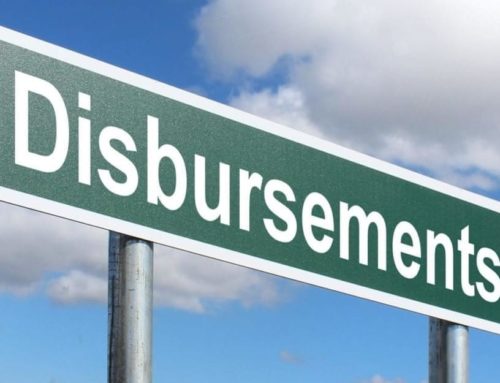As a director of your own limited company, the most tax efficient way to take your money out of the business is usually to pay yourself a small salary and recoup your remaining drawings as dividends. Here, we’ll explore in more detail how this works in reality.
Salary
The optimum amount to take as salary is dictated by the tax bands and rates at the time. This amount will therefore change each year. But this approach makes the most benefit of your personal allowance and also ensures that you receive your national insurance benefits.
National insurance allowance
The budget introduced a tax break, aimed squarely at businesses, for the first £2,000 of national insurance payable. This increases the optimum salary beyond the level at which national insurance is paid. The upshot is that, although a small amount of national insurance will be payable, an overall saving of £165 is gained by the corporation tax saving.
Optimum salary amount for 2014/15
| Taking advantage of NI allowance | Not affected by NI allowance | |
| Annual salary | £10,000 | £7,956 |
| Monthly salary | £833.33 | £633 |
| Weekly salary | £192.31 | £153 |
| Tax-free dividends* | £28,679 | £30,518 |
Which to take?
If your company’s National Insurance bill is less than the £2,000 allowance, then you are most likely to benefit from a salary of £10,000. If, on the other hand, you have other employees – and this allowance is already used up – you may be better off taking the lower amount of £7,956.
However, if you have other taxable income, or more complex affairs, this may not represent the best tax planning for you. This is where the expert opinion of a chartered accountancy firm, like Stubbs Parkin, can provide some valuable insights and options that you might not have considered previously.
We can sort payroll and tax planning for you as part of our simple monthly packages. Read more about the Stubbs Parkin packages
*Tax-free dividends: Up to this amount, any dividends taken will not be taxable on the director. However, as dividends are not deductible from corporation tax, the company has a higher tax bill. Due to savings in national insurance, this is the most tax-efficient way to draw money from a limited company.






